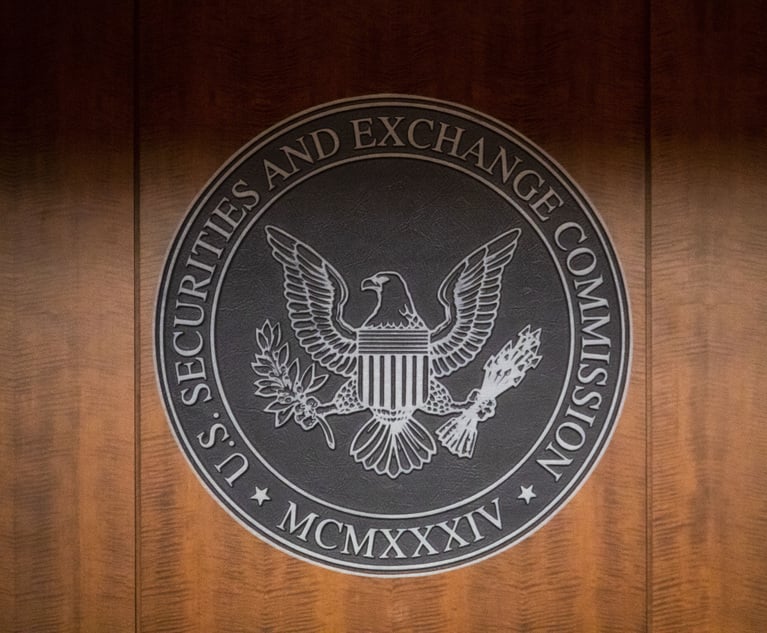 The idea of "sustainability" has taken hold in many areas of our businesses, and our lives, over the past couple of decades. Just as sustainable investments are those believed to cause no long-term social or environmental harm, sustainable supply chain management looks to incorporate environmental stewardship, wise resource utilization, and social responsibility into every rung of a corporate supply chain, from product design and material selection to distribution, consumption, and disposal of the final product.
The idea of "sustainability" has taken hold in many areas of our businesses, and our lives, over the past couple of decades. Just as sustainable investments are those believed to cause no long-term social or environmental harm, sustainable supply chain management looks to incorporate environmental stewardship, wise resource utilization, and social responsibility into every rung of a corporate supply chain, from product design and material selection to distribution, consumption, and disposal of the final product.
It is widely accepted that such an approach to supply chain management can generate significant value for businesses. The consulting firm Booz Allen Hamilton calculated that in organizations where supply chain management is part of the overall business strategy, annual savings improvements in manufacturing are nearly double those in businesses without such a strategy. Transparency evangelist Label Insight found in a recent study that as many as 94 percent of consumers would be loyal to a brand that offers complete transparency into its product.
Even so, a report released last year by Ernst & Young suggests that "many companies still do not have a comprehensive understanding of the performance, risks, and sustainability impacts of their supply chain."
Complete your profile to continue reading and get FREE access to Treasury & Risk, part of your ALM digital membership.
Your access to unlimited Treasury & Risk content isn’t changing.
Once you are an ALM digital member, you’ll receive:
- Critical Treasury & Risk information including in-depth analysis of treasury and finance best practices, case studies with corporate innovators, informative newsletters, educational webcasts and videos, and resources from industry leaders.
- Exclusive discounts on ALM and Treasury & Risk events.
- Access to other award-winning ALM websites including PropertyCasualty360.com and Law.com.
*May exclude premium content
Already have an account? Sign In
© 2024 ALM Global, LLC, All Rights Reserved. Request academic re-use from www.copyright.com. All other uses, submit a request to [email protected]. For more information visit Asset & Logo Licensing.







